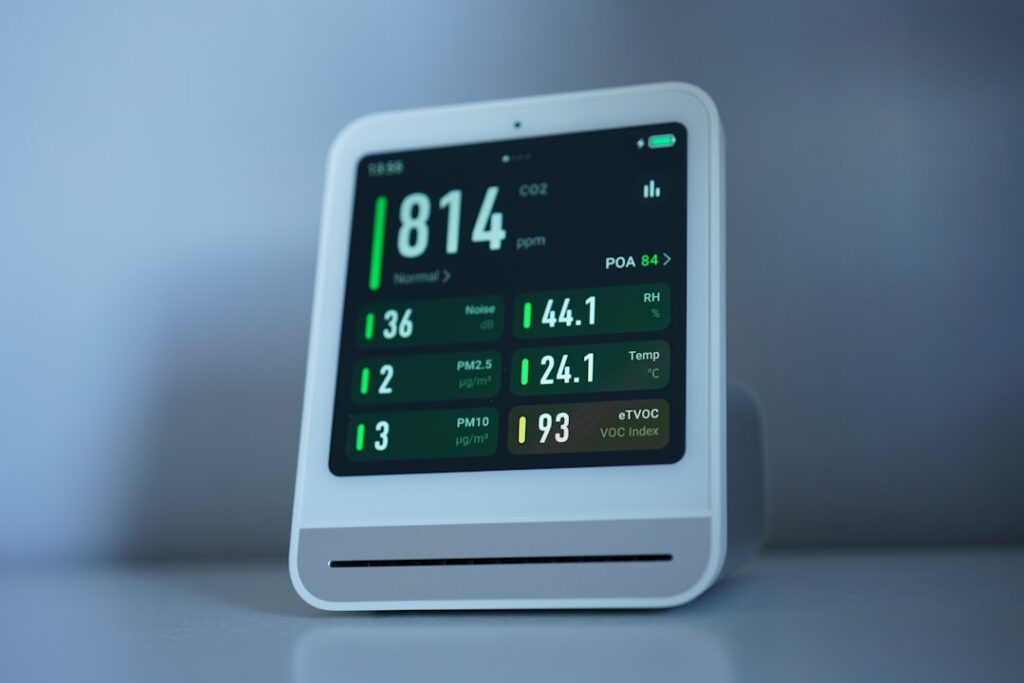AI Tools for HealthTech: Transforming Healthcare with Health Tech AI Software
The integration of technology into healthcare has led to the emergence of health tech AI software, revolutionizing patient care and operational efficiency. From predictive analytics to personalized treatment plans, AI tools are reshaping the landscape of health tech. Today, we will explore several key applications of AI in health technology, showcasing how they enhance healthcare delivery and improve patient outcomes.
The Role of Health Tech AI Software in Diagnostics
One of the most significant impacts of health tech AI software is in the realm of diagnostics. AI algorithms enhance diagnostic accuracy, reduce the likelihood of human error, and provide faster results.
AI-Powered Imaging Solutions
AI tools are particularly useful in imaging, where they can analyze medical images, such as X-rays, MRIs, and CT scans, with remarkable precision. Some notable benefits include:
- Improved detection rates for conditions like cancer
- Reduction in false positives and negatives
- Efficiency in image processing, allowing radiologists to focus on complex cases
Predictions and Early Intervention
Health tech AI software can identify patterns in data, predicting diseases before they manifest. By analyzing patient histories, genetic information, and lifestyle choices, AI can suggest preventive measures, leading to:
- Timely interventions
- Reduced healthcare costs
- Enhanced patient engagement in managing their health
Improving Patient Care with AI Tools
AI tools not only assist in diagnostics but also play a crucial part in enhancing overall patient care. These technologies offer personalized treatment options, thereby improving patient experiences and outcomes.
Personalized Treatment Plans
Health tech AI software enables healthcare providers to create customized treatment plans based on individual patient data. This personalization ensures that patients receive:
- Targeted therapies that address their specific conditions
- Recommendations derived from the latest medical research and individual responses
AI-Driven Telehealth Solutions
With the rise of telehealth, AI tools have become instrumental in facilitating remote consultations. They provide features such as:
- Automated patient triage, ensuring that patients receive the appropriate level of care
- Virtual health assistants that help manage follow-ups and reminders
- Real-time data collection for ongoing patient monitoring
Streamlining Operations in HealthTech
Efficiency is essential in healthcare operations, and AI tools significantly streamline various processes. By automating administrative tasks, healthcare organizations can focus more on patient care.
Optimizing Administrative Workflow
Health tech AI software can automate scheduling, billing, and patient management, resulting in:
- Reduced administrative burden for healthcare staff
- Minimized wait times for patients
- Improved allocation of resources
Data Management and Security
AI tools facilitate better data management. They ensure that patient information is accurately stored, managed, and secured against breaches. This results in:
- Enhanced compliance with regulations like HIPAA
- Better data analytics for informed decision-making
- Improved patient trust in the healthcare system
Future Trends in Health Tech AI Software
The future of health tech AI software looks promising as advancements continue to emerge. Here are some anticipated trends:
- Increased integration of AI with wearable tech for real-time health monitoring
- Greater utilization of natural language processing for better patient interactions
- Expanded use of AI in drug discovery and development
Conclusion
AI tools for health tech are undeniably transforming healthcare. By leveraging health tech AI software, healthcare providers can achieve greater accuracy in diagnostics, personalized patient care, and streamlined operations. The continuous evolution of these technologies promises to further revolutionize the way we approach health and wellness, ultimately leading to a more efficient, effective, and patient-centered healthcare system.
The Role of Health Tech AI Software in Predictive Analytics
Predictive analytics powered by health tech AI software is revolutionizing how healthcare providers anticipate patient needs. By analyzing vast datasets, algorithms can forecast trends in patient admissions, disease outbreaks, and even the potential for readmissions. This proactive approach allows healthcare systems to allocate resources more effectively, enhancing patient care while optimizing operational efficiency. For instance, using historical data, predictive analytics can identify patients at high risk for chronic conditions, enabling early interventions.
Enhancing Patient Outcomes with Personalized Medicine
Health tech AI software is paving the way for personalized medicine by leveraging machine learning algorithms to tailor treatments to individual patients. By analyzing genetic data alongside lifestyle and environmental factors, healthcare providers can develop customized treatment plans that significantly improve outcomes. AI tools can identify the most effective therapies for specific patient demographics, thereby minimizing trial and error in prescribing medication. This shift toward personalization not only enhances patient satisfaction but also fosters a more efficient healthcare system.
Streamlining Administrative Processes with Health Tech AI Software
In addition to clinical applications, health tech AI software is increasingly being used to streamline administrative tasks within healthcare organizations. AI-driven systems can automate routine activities such as appointment scheduling, billing, and patient record management. This automation reduces the administrative burden on healthcare professionals, allowing them to focus more on patient care rather than paperwork. For example, intelligent chatbots powered by AI can handle patient inquiries and appointment bookings, enhancing the overall patient experience while saving time for healthcare staff.
Integrating Health Tech AI Software for Interoperability
One of the critical challenges within the healthcare industry is ensuring interoperability among various systems. Health tech AI software plays a vital role in addressing this issue by facilitating the seamless exchange of data between different healthcare systems and providers. With AI algorithms capable of interpreting various data formats, healthcare organizations can ensure that patient information is consistent and accessible across platforms. This interoperability is crucial for providing comprehensive care and improving the coordination of patient services.


